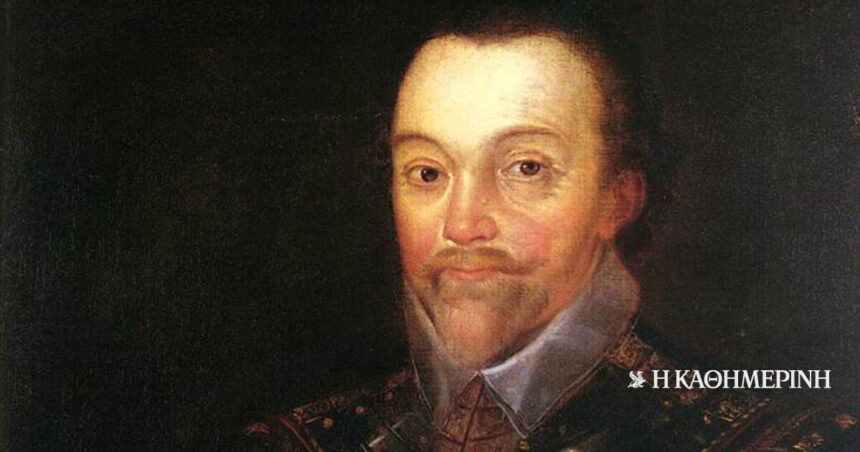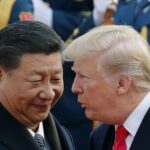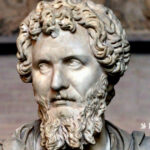THE Francis DrakeBorn in Devon’s Tavistok, probably in 1540, he began traveling from an early age. In 1567, he made one of the first trips to carry African slaves to work on the “New World”. In 1570 and 1571, Drake did Two profitable commercial trips to western Indiawhile six years later he received a secret order from the queen to reach the Spanish colonies on the American coast of the Pacific. The mission reached the Pacific Ocean in October 1578 and then passed the Strait of Magellan. Her ship continued to the west coast of South America, where looted Spanish portsand then north, in the hope of being a route that would lead to the Atlantic. However, such a sea passage was not found, with Drake changing his plans, heading to the south and then in July 1579, west of the Pacific, passing through the Cape of Good Hope. Finally, in September 1580 he returned to England with a rich load of spices and Spanish treasures, and of course with the distinction that He was the first English sailor to make the round of the planet.
After this fact, official recognition came. On April 4, 1581, the Queen Elizabeth I We awarded him the knight’s title to Golden Hid in Deppford. Drake was now rich, as he was also allowed to hold £ 24,000 from the treasure he had brought. But he didn’t stay there. Thanks to the great admiration of the world, quickly gained political power. In September of the same year he became mayor of Plymouth and then a member of Parliament in 1581, as in 1584.
Drake’s last mission was again a trip to West Indies, along with John Hawkins.
A year later, a new journey began to the West Indies and its coasts Floridawhere he again looted Spanish cities. In fact, the money raised from these raids helped to finance the second half of the reign of Elizabeth as The crown had no sufficient funds to create an effective navy. His last mission would again be a trip to Western India with John Hawkins. The venture, however, was supposed to be devastating, as the Spaniards were prepared this time. Both sailors died in the early 1596, and their bodies were thrown into the sea.
Despite the unstoppable end of his life, Drake’s successful passage had a significant effect and impact over time. The personal stories of the seafarers who survived the uncharted and dangerous waters of the unknown world, as well as the lure of such adventures, were an important element that urged many to explore the possibilities of developing trade in the East at the end of the 16th century. THE Thomas Kavendisfor example, directly influenced by Drake, began his own attempt in 1586, which he successfully completed, two years later. In fact, thanks to Francis Drake, a period was inaugurated British marine and colonial sovereignty preserved until the 20th century.
Column: Myrto Katsigera, Vassilis Minakakis, Antigoni-Despina Poumenidou, Athanasios Syroplakis








